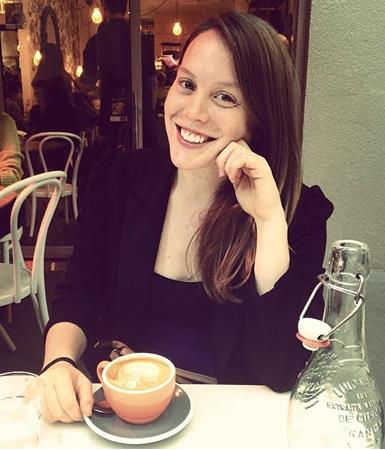My first love in life was not languages – it was music. Being surrounded by different languages and cultures was as normal to me as breathing in Zimbabwe and in South Africa, and I did not make the effort to learn Shona, Zulu, or Xhosa. It was not until I moved to Australia at the age of 15 that I saw the benefits of expanding my worldview and developing skills that could enable exciting travel and career opportunities.
When I moved to Australia, I had English as my mother tongue and textbook Afrikaans as my second language. Afrikaans is related to Dutch and I did not realise that it would actually give me a bit of an advantage when I began to learn Indonesian. I live in Canberra and so, when we were asked to do work experience in Year 9, I asked a range of Embassies if they would host a teenager for a week. The Indonesian Embassy was quick to respond and it was this experience that put me on the path to becoming an Indonesian to English translator. The week with them was fun and interesting and, by the end of the week, I was assisting with tours of the cultural centre for school groups. I had never really heard of Indonesia before that week with the Embassy but, upon its completion, I was aware of the political, economic, diplomatic, and people-to-people ties between Indonesia and Australia.
I went on to study Indonesian and Spanish at school and university, and travelled abroad to put my skills into practice. In Indonesia, I spent time with an elderly Javanese woman, with nine children and a host of grandchildren. Although she was kind and taught me valuable bargaining skills that set me up for success, I had real difficulty communicating with her. It was not until I visited her a few years later, and my Indonesian was much better, that I realised that she was speaking to me in both Indonesian and Javanese. She had never had to separate her languages before, and was mixing them freely with me: this experience sparked my interest in code-switching and language choice in conversation, and I did an Honours degree in Spanish and Linguistics, rather than translation.

In 2016, I was working with a researcher at the University of Queensland, using my Indonesian to create a database for her research. I began to wonder about translation and whether it would be something that I could do. I was giventhe names of two experienced Indonesian translators and called them with questions. I was offered mentorship and they ensured I studied the AUSIT Code of Ethics. I completed the NAATI test in 2017 and was offered a job translating media articles for the Australian Government. Being thrown in the deep end was the best thing that could have happened to me. I was able to learn the nuts and bolts of translation from practitioners with experience in the field.
Since 2017, I have balanced translation work with non-translation roles in language centres, universities, and government departments, and I love the challenge of quickly acquiring new vocabulary and tailoring my style to produce documents in unfamiliar territory. I have enjoyed the challenge of translating a CV for someone with a background in petroleum and shipping, producing a document outlining Indonesian government quarantine processes for cattle, and translating and summarising an Indonesian copyright court case.
I am still a junior translator with a great deal to learn but my involvement in AUSIT and my growing confidence and experience mean that I am excited about what the future holds for me.
Jen Plaistowe is a NAATI-Certified Translator from Indonesian to English and the AUSIT ACT Branch Secretary and Professional Development Coordinator.

